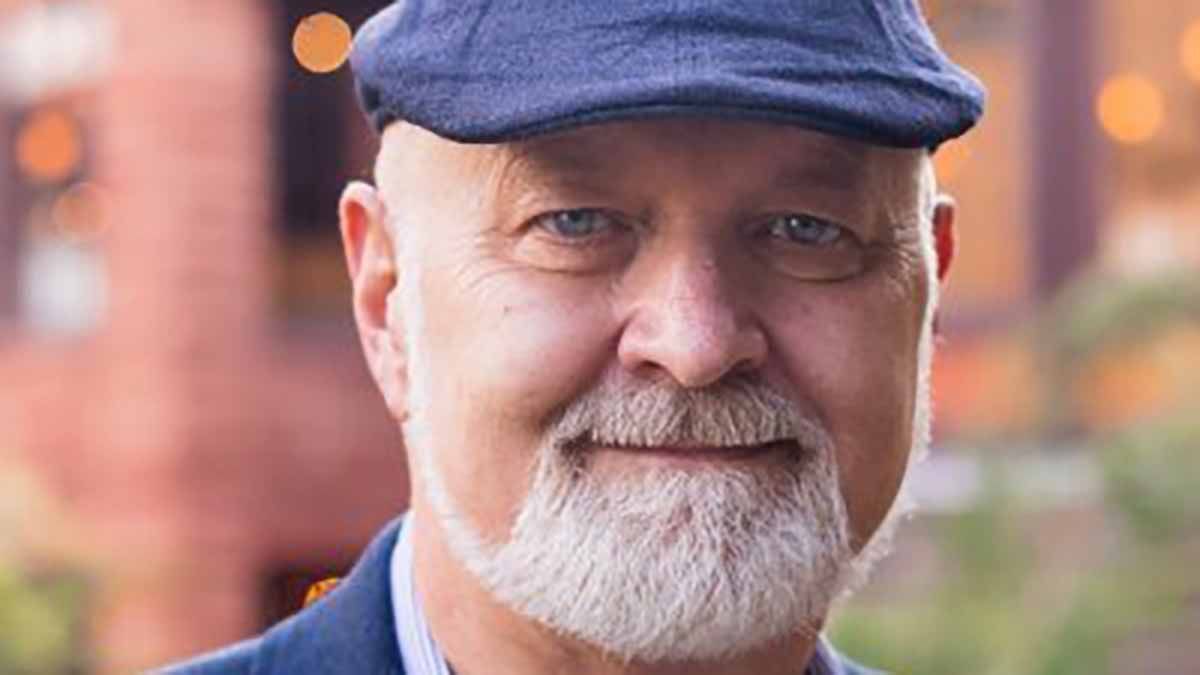It's okay that not everything is fixable

So I was taking a speculative fiction writing course; it started in January. If you’ve seen Brandon Sanderson’s BYU lectures, it’s that, a semester-long course, two lectures a week, but taught by Sanderson’s teacher David Farland.
The start date was pushed forward a few days because David went into hospital, but the email said it was nothing major and not to worry. The course started, he gave two lectures, and then he died.
So. That was weird and sad and terrible. I go into more detail, but it would all amount to ‘weird and sad and terrible’, so I’ll leave it there.
The students from the class set up a Discord to talk about what we were going to do next, and something stuck out at me, which I want to talk about.
People were putting forward a lot of solutions — maybe we could watch some old recordings, do the homework together, critique each other’s work, have discussion groups. And some people were rejecting those ideas because, well, it wasn’t going to be nearly as good as having Dave teach the course, peer feedback isn’t as useful as feedback from a professional author, we wouldn’t be able to ask real-time questions, etc. All of which is true.
But it was like… they were trying to solve the problem of Dave being dead. When a solution wasn’t as good as Dave not being dead, they thought we could probably come up with something better if we put our minds to it.
It wasn’t entitlement, it was just… finding it very hard to accept that a thing has happened, and it’s permanent, and the world is, in a small but measurable way, a little bit worse. Some other things in the world are good, but they’re not a counterbalance, they’re just different good things elsewhere. The reason you can’t find a solution is because what happened sucks, plain and simple.
It’s not just with death — say someone loaned you an item of sentimental value, and you broke it beyond repair. And you want, desperately, to make it up to them, but the fact is, you can’t. You can be forgiven, you can be friends, you can get them a non-sentimental copy of it, but you can’t make the world into a place where it isn’t broken, and you have to live in the world you’ve made.
In some ways the promise of “I’ll make it up to you” can be pretty insulting, because they’re dealing with having broken something you value (possibly ‘trust’) by devaluing it, trying to convince you the irreplaceable can be replaced.
But I don’t actually think they’re trying to convince you, they’re trying to convince themselves, because they feel bad and have almost no tolerance for feeling bad.
With the Dave Farland reaction, I think another huge part of it is a sort of fallacy that if we can define the solution space, a solution must exist that fits there.
Fairly often I am trying to think of a very specific word that I need to convey something. I know exactly what it needs to mean and I feel sure that it exists, I can feel the shape it ought to be. I sometimes spend a long time looking on forums or crowdsourcing suggestions from group chats, and it’s never successful! Never! The fact is, I have a very wide vocabulary — if it’s a non-technical word and I haven’t found it by scanning a thesaurus, then the word either doesn’t exist or would be too obscure to be useful in whatever I’m writing anyway. (I know I sound grandiose here but look we all have different strengths.) But I can’t shake the belief in it.
It’s like Descartes’ argument for the existence of god — that since he can imagine it incredibly clearly and precisely, it must exist. (I’m not even being that reductive here, it’s a very bad argument.)
But like I say, I do it as well, just with words instead of God, so it’s probably a human psychology thing.
Anyway, vale Dave Farland.
In some ways this topic is kind of a downer, but the alternative is “death not that bad because people pretty much interchangeable” so in a complicated way, I find it uplifting.
This piece was originally published in The Whippet #139 – subscribe to get the next issue in your inbox!
Comments
Sign in or become a Whippet subscriber (free or paid) to add your thoughts.
Just enter your email below to get a log in link.
A newsletter for the terminally curious
Arrives in your inbox every second Thursday.
